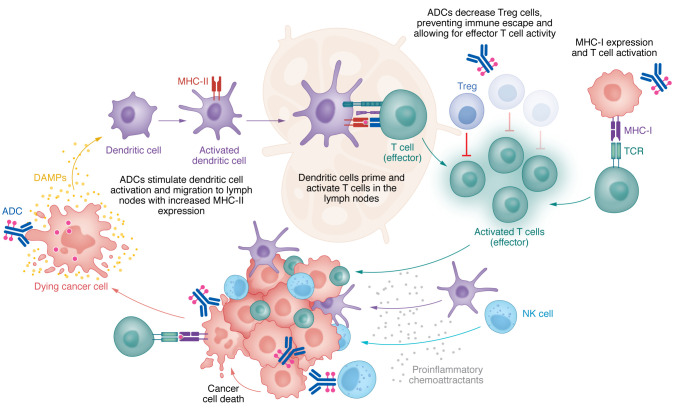Figure 2. Antibody-drug conjugates in the cancer-immunity cycle.
ADCs play a crucial role in activating tumor immunity across all stages of the cancer-immunity cycle. Targeted release of the ADC payload leads to tumor cell death and subsequent release of DAMPs that stimulate activation of dendritic cells. Mature dendritic cells facilitate antigen uptake and migration to lymph nodes. In the lymph nodes, ADCs reduce Tregs and augment MHC-I expression, thereby promoting the effective activity of cytotoxic (effector) T cells. ADCs enhance leukocyte infiltration and expand CD4+ and CD8+ T cells, NK cells, and IFN-γ production. Secretion of proinflammatory chemoattractants such as IFN-γ recruits immune cells including NK cells, dendritic cells, and CD4+ and CD8+ T cells. The antibody component of ADCs activates the immune system via antibody-dependent cell-mediated cytotoxicity (ADCC), antibody-dependent cellular phagocytosis (ADCP), and complement-dependent cytotoxicity (CDC).

